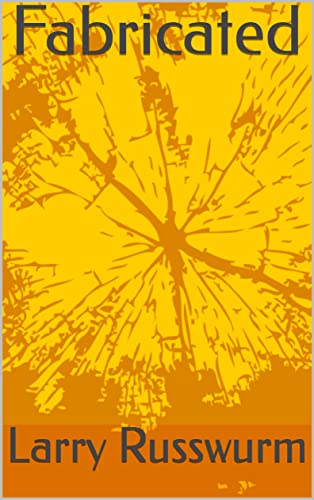I’ve lived through at least three possible ends of the world. And instead of being snuffed out, I’ve found that instead humanity ends up being better off for it. I am not going to restate that ‘whatever doesn’t kill me makes me stronger’ because clearly that line is a lie. In no way do I think humanity was ever at risk in the three examples I’m going to make. But thinking on our supposed demise actually helped us out.
The first doomsday scenario I was supposed to swallow was the so called Jupiter Effect. All the planets were going to be in the same quadrant of the sky. Such lopsidedness might be the undoing of all our orbits and the ultimate demise of life on Earth.
But of course the sun is massive enough to reign all the planets in even when they are lopsided. Nothing bad happened.
But this was about the same time that scientists were first going to send robotic probes beyond Mars. Not only were the outer planets in the same quadrant, it was possible to send the probes at just the correct speed and angle so they could ‘slingshot’ to a faster speed to do a ‘grand tour’ of the outer planets. Voyager I visited Jupiter and Saturn. Voyager II went to Jupiter, Saturn, Uranus and Neptune. And that kiddies, was when Neptune’s great dark spot was discovered as well as many, many other firsts.
Most of you who can read this lived through the Y2K doomsday. That was the flip of the dates from the 1900s to the 2000s. Computers had been lazily programmed before this time to have only the last two digits of the year. Computers might give confusing results or not even work when the two digits reset. Necessary systems, now run by computers, might give out causing widespread chaos.
But enough time of crying danger made the governments and big business attack this problem on time. Very little didn’t work after the changeover. And what didn’t seemed inconsequential.
Maybe this spawned the extreme behaviour of preppers. But there is nothing wrong with the base idea of just being prepared. Less than a handful of years passed before the 50 million+ people blackout of North America. Despite days of no or little electricity, large parts of the continent didn’t slip into anarchy. Perhaps Y2K had made us all a little more aware of being prepared.
2112 to us Rush fans, or the end of the Mayan calendar for the rest of the world, happened just months ago. I was in no panic having lived through two doomsdays. Especially this one which seemed to be just an end of bookkeeping and not really anything significant. However parts of the world were clearly anxious, especially with the Large Hadron Collider (LHC) coming on stream in Europe with dire predictions of black holes and other possible calamities being spawned.
Now, the rest of the world might agree with my bookkeeping comment, because nothing at all untoward happened on 21/12/12.
Indeed the LHC may have discovered the Higgs boson, one of the reasons it was built for. Why would this be so great? Well the Higgs boson is supposed to be responsible for the characteristic of mass. It might be possible to take all the Higgs bosons from you and then send you off at the speed of light. You might be able to go at the speed of light if you no longer have mass! Then, when you reach your destination, Higgs bosons could be added to you so you have your original properties. We might have fast as light travel from the formerly scary sounding LHC.
So when the next doomsday comes, I’m hoping humanity can once more wring an advancement out of such supposedly dire straits.


Theoretical plausibility is all fine and well, of course. What White needs now is a real-world proof-of-concept. So he’s hit the lab and begun work on actual experiments.
This post doesn’t refer to the Alcubierre/White faster than light scheme but instead to a fast as light scheme that is different. I don’t mind if we talk about White’s escapades.
Plausibility Score: Faster-than-light travel will almost certainly require new physics, as well as mind-boggling feats of engineering at incredible cost. It is not very plausible, and so it earns one out of a possible four Rocketboys.